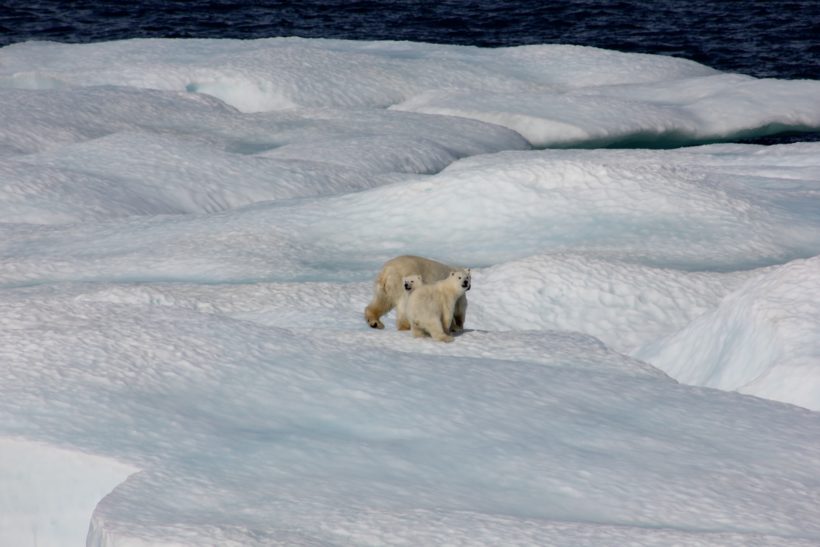Global warming is one of the key impacts of climate change and refers to the overall worldwide increase in temperatures. This warming may manifest itself in different ways and at different rates across the globe due to the different climates and biomes that make up our environment, however, its existence is certain. Scientific records and data spanning millions of years confirm that the Earth is currently experiencing a rapid warming event unlike anything it has experienced previously.
The areas suffering most from global warming are those in the Arctic and Antarctic regions. This is due to the high amount of ice and snow within these regions, which have reflective properties that reduces the total solar radiation absorbed by the Earth. While anthropogenic climate change has led to more radiation being trapped within the atmosphere, the polar regions are still receiving the same amounts of radiation from the sun, warming the region at a higher rate.
This has created a negative feedback loop, with melting ice and snow giving way to water and rock, which are less reflective, and absorb incoming solar radiation. Antarctica is losing ice at a rate of 250 billion tons per year, due to the continent warming by 3 °C (37 °F) over the past fifty years. Arctic nations have also noted a steady increase in temperature, with a multitude of glaciers retreating or disappearing entirely. Once stable sea-ice making up the majority of the North Pole is shrinking at an alarming rate. While the effects in polar regions can be seen first hand, their impacts are readily identifiable globally.
The loss of so much ice is leading to a corresponding increase in sea levels, which is already affecting low-lying island nations. Australia, Brazil and the United States have suffered from widespread flooding on coastal cities. Wildfires and heat waves have become common-place in Europe, while global snow and ice cover has become more sparse, and tropical regions have been frequenting severe storm events. Linked directly to increases in temperature, these issues are set to worsen if more action isn’t taken to mitigate the impacts of climate change, namely a reduction in carbon dioxide emitted from burning fossil fuels.

